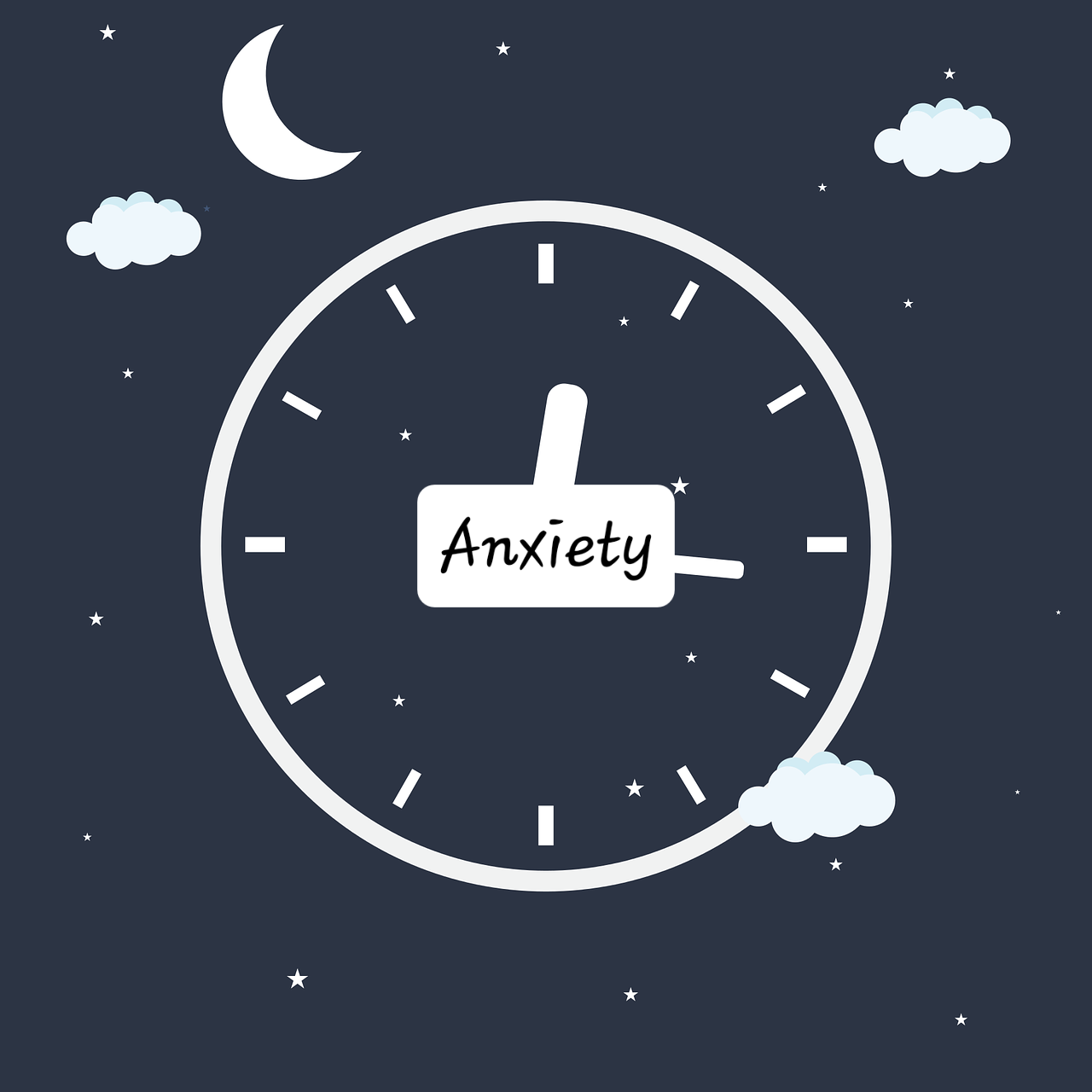Panic attacks that occur at night or in the early morning are often referred to as “nocturnal panic attacks.” While the exact causes of these attacks can vary from person to person, several factors may contribute to their occurrence. Here are some potential reasons and ways to prevent or manage them:
Sleep-related triggers
- Nightmares: Vivid and distressing dreams can trigger panic attacks during sleep. If you are experiencing frequent nightmares, addressing the underlying causes of stress, anxiety, or trauma can help reduce their occurrence.
- Sleep disturbances: Interrupted or poor-quality sleep can increase the likelihood of nocturnal panic attacks. Establish a regular sleep schedule, create a relaxing bedtime routine, and make sure your sleep environment is comfortable.
Physiological factors
Changes in body chemistry: Some individuals experience hormonal fluctuations during the night, which can contribute to anxiety and panic. Reducing caffeine and alcohol intake, particularly before bedtime, can help stabilize your body’s chemistry.
Low blood sugar: Hypoglycaemia (low blood sugar) can trigger panic symptoms. Maintaining a balanced diet and avoiding large meals right before bedtime can help stabilize blood sugar levels.
Circadian rhythm and morning panic attacks
- Circadian rhythm: The body’s natural circadian rhythm can make some people more susceptible to morning panic attacks. Practicing relaxation techniques like deep breathing or meditation upon waking can help manage anxiety in the morning.
- Morning routine: Engage in a calming morning routine that includes exercise, stretching, or mindfulness activities to start the day with reduced anxiety.
Stress and anxiety
- Stress management: Stress and anxiety are common triggers for panic attacks, regardless of the time of day. Practicing stress-reduction techniques such as mindfulness, meditation, progressive muscle relaxation, or yoga can be helpful.
- Therapy: Consider seeking therapy, such as cognitive-behavioural therapy (CBT), to address the root causes of your anxiety and panic attacks. A therapist can help you develop coping strategies and identify triggers.
Medication
Prescription medications: In some cases, a doctor may prescribe medication to manage panic attacks. Consult with a healthcare professional to discuss the potential benefits and risks of medication.
It’s important to note that what works for one person may not work for another. Finding the right approach to prevent or manage panic attacks during the night or early morning often requires a personalized approach. If you’re experiencing frequent or severe panic attacks, it’s advisable to consult a mental health professional or a doctor for a proper evaluation and guidance on how to address your specific situation. They can help you develop a comprehensive plan to manage and reduce the occurrence of panic attacks.
If you would like to get in touch to see how we can best support your wellbeing you can contact www.oktalk.co.uk.

